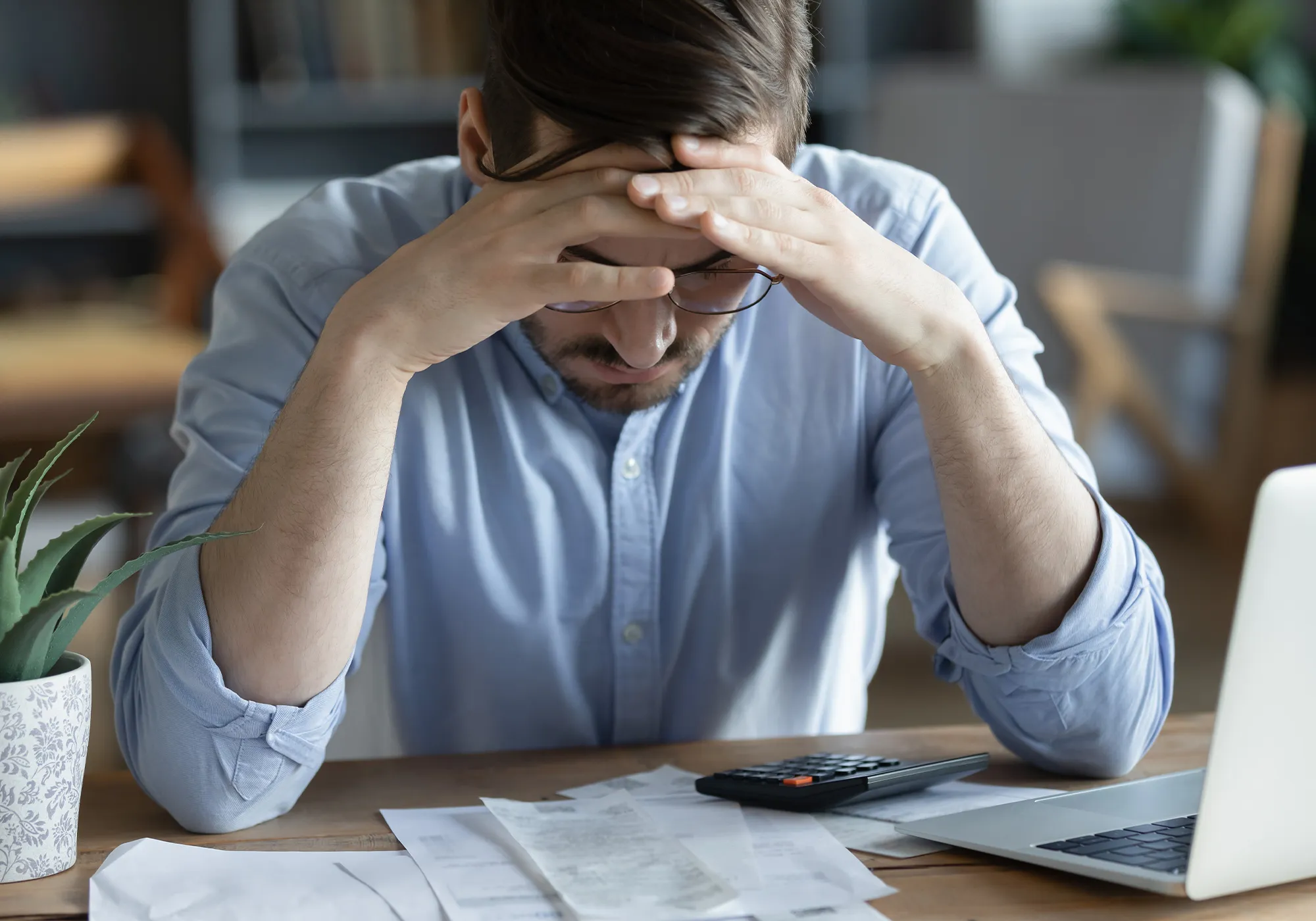
No one wants to think about bankruptcy, but it can be an important tool for consumers facing financial hardship. The two most common types of bankruptcies for consumers are Chapter 7 and Chapter 13. In a Chapter 7 bankruptcy, a consumer’s non-exempt assets are liquidated and the proceeds used to clear most of the consumer’s debt quickly. In a Chapter 13 bankruptcy, the consumer is placed on a 3–5 year payment plan to clear most of their debt.
This post will focus on Chapter 7 bankruptcy as this option can, in many cases, allow individuals to obtain relief from overwhelming debt while preserving their most important assets. It’s important to understand the details about your Home Equity Line of Credit (HELOC) and bankruptcy before making a decision.
Can a HELOC be discharged in chapter 7? Can you keep your home and still get out of debt? Let’s find out with our guide to bankruptcy and HELOCs.
How Does a Chapter 7 Bankruptcy Work?
In a Chapter 7 bankruptcy, a court-appointed trustee liquidates your non-exempt assets to pay off as much of your debt as possible, and all remaining debt included in the bankruptcy proceedings is dismissed. While a Chapter 7 bankruptcy doesn’t clear student loans, child support, criminal fines or some tax bills, it usually clears the following debt:
● Credit card debt
● Medical bills
● Car loans
● Personal loans and payday loans
● Judgments from debt collection agencies
● Utility bills
Your eligibility for a Chapter 7 bankruptcy is based on income. You generally qualify for a Chapter 7 bankruptcy if you’re below the median income level for your state. If your income is above the median level, a “means test” is applied to determine your ability to pay back the debts you are trying to dismiss.
Under a Chapter 7 bankruptcy, you can keep certain “exempt” assets, like clothing, household goods and other personal belongings. You can also keep your home and car if you are able to continue making those payments on time, if they meet certain conditions (which vary by state.) The court handling the bankruptcy will appoint a trustee to sell any non-exempt property you have and pay your creditors.
Who Benefits From A Chapter 7 Bankruptcy?
Chapter 7 bankruptcy is often an attractive option for lower-income households that don’t have a lot of high-value property. Unlike a Chapter 13, it allows the debtor to clear debt without establishing a repayment plan.
Keep in mind that bankruptcy is a complex legal matter. You should consult an attorney specializing in bankruptcy law to determine how a Chapter 7 bankruptcy would affect your specific financial circumstances.
HELOCs and Bankruptcy
A bankruptcy clears your debts, but with your home, things can get complicated. Your place of residence is often considered exempt, depending on state and federal homestead exemption laws and the amount of equity you have in your home.
That simply means the bankruptcy trustee cannot sell your home as an asset to pay off your unsecured debt. However, your home can still be foreclosed on if you cannot pay your mortgage or any loans secured by your home, such as a home equity loan or HELOC. While you can discharge a home equity loan or HELOC during bankruptcy, the lender will still be able to foreclose on your home if you don’t make payments.
When you file for Chapter 7 bankruptcy, an automatic stay is applied to your finances, which places any collections efforts or foreclosures on hold until the bankruptcy proceeding is over or a judge lifts the stay. If nothing else, this can buy you time. However, the lender can foreclose once the bankruptcy proceedings are over or if the judge lifts the stay. Therefore, making timely payments is still crucial during this period.
HELOC Bankruptcy Options
Don’t give up hope! If you’re going through a Chapter 7 bankruptcy and considering giving up your home to get rid of your HELOC debt, you may have other options. If your home is foreclosed upon, the proceeds from the home’s sale are allocated to the mortgage first and then to other secured loans. The lender risks not getting paid or getting the loan’s full value back if they push the borrower to foreclosure in a bankruptcy.
Before allowing your HELOC to be discharged in Chapter 7, it’s a good idea to communicate with your HELOC lender and see if they’re willing to work with you. You may be able to negotiate a payment plan that fits within your budget and allows you to keep your home.
Clearing Your HELOC Debt During Bankruptcy
While a Chapter 7 bankruptcy can be painful in the short- to mid-term and stays on your credit report for years, it can be a very useful tool for consumers facing otherwise overwhelming financial challenges. Even though a HELOC can be discharged during a Chapter 7 bankruptcy, it’s worth the effort to keep your home equity and have something to build from as you emerge from the bankruptcy process. Handling a HELOC and bankruptcy can be challenging, but with proper communication and a plan, it’s possible to navigate the process and emerge more financially healthy than you were before.
Read more: Paying Off Debt? Ditch These 7 Debt Myths ASAP
The post HELOCs & Bankruptcy: Can a HELOC Be Discharged After Chapter 7? appeared first on Prosper Blog.